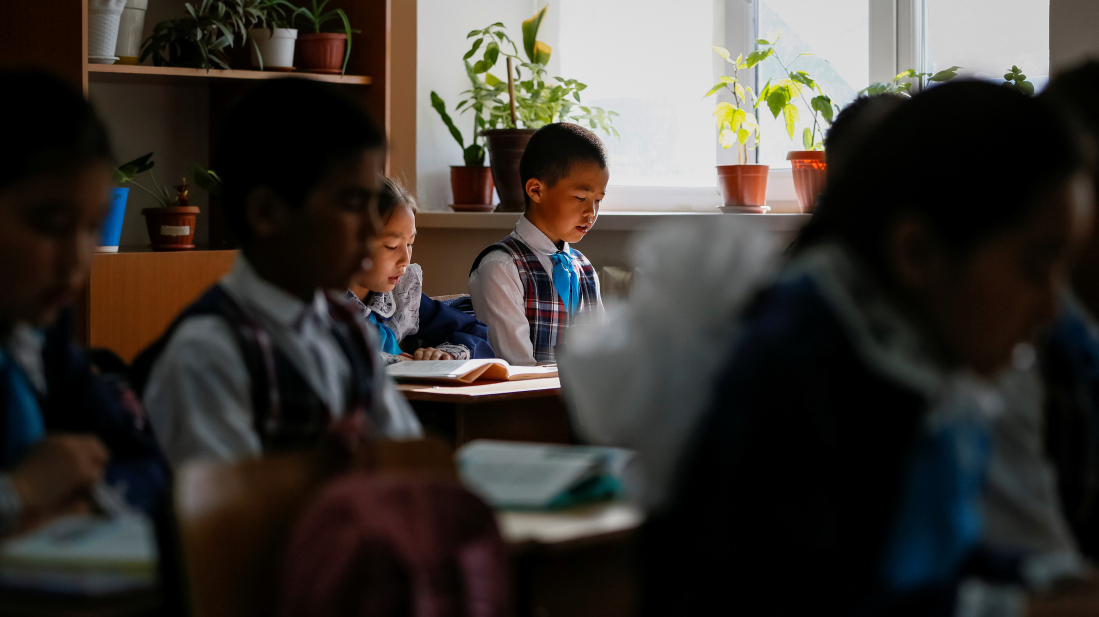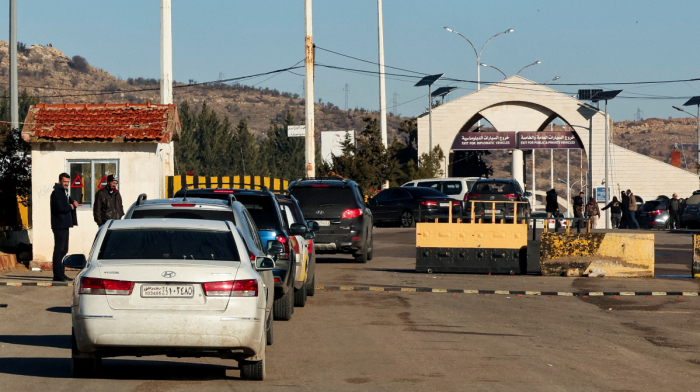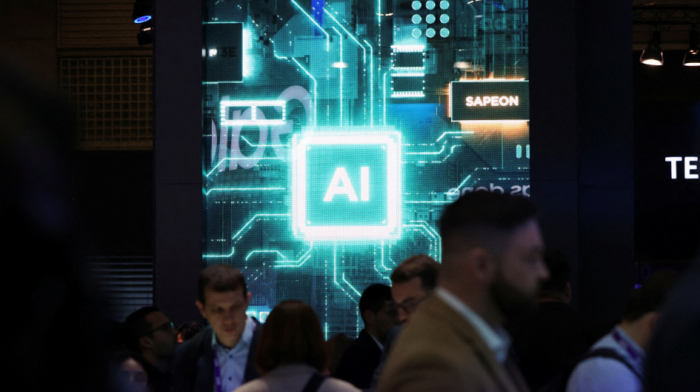A nationwide survey in Kazakhstan shows a split opinion on the role of Artificial Intelligence (AI) in education, with 40.5% viewing it positively and 37.4% seeing it as a threat to learning quality, according to the Institute of Public Policy reported in The Astana Times.
The survey, conducted between 18 June and 4 July among 2,000 adults, reveals diverse views on the impact of AI.
Some 40.5% of respondents appreciate AI’s potential to broaden knowledge and aid learning, while 37.4% worry it diminishes educational depth.
The remaining 22.1% are undecided or indifferent.
According to the study, young people, university students, urban residents, and women were more likely to embrace AI’s benefits, while older individuals, men, and people living in rural areas raised concerns over its potential drawbacks, such as encouraging shallow learning.
AI’s integration into sectors such as healthcare, finance, and technology has already demonstrated its potential. In education, it’s used for personalised learning, automating administrative tasks, and even providing virtual tutoring for students.
The growing use of AI, once a futuristic concept, now spans various sectors, assisting professionals and students alike with tasks such as presentations and idea generation.
However, its rapid integration into education has ignited debates over its regulation and whether it undermines traditional learning.
Policymakers are now considering how best to monitor and control AI’s use in classrooms to ensure it supports rather than replaces human educators.




















What is your opinion on this topic?
Leave the first comment